‘YOU smell like a black.’
That’s just one of the racist comments repeatedly overheard by Senegalese-Spaniard Fama Fedior, who took to Instagram last week to vent her frustrations at the racist micro-aggressions she experiences almost daily.
“It really annoys me how people say there is no racism in Spain,” the 20-year-old says in the video, before listing the offences she regularly experiences in Galicia, where she has lived since she was six.
She has often been asked if the sun burns her skin, while at university, her professor asked her if she spoke Spanish.
When a letter recently arrived at her door, she was asked to show her passport, when asked why the delivery man said ‘you lot are normally illegal.’

“Many people are shocked when I take out my DNI!” she told La Voz de Galicia.
But these are just a handful of the daily offences black people suffer in a country which has yet to tackle its racism problem.
While it’s no America, at least in terms of police and judicial oppression, on a cultural level, there is still a long way to go.
People like to imagine Spain as a liberal paradise with sun, sea and sangria, but its racism continues to be an open secret – or rather a well-known fact that very few people seem bothered to deal with.
Every Christmas, locals around the country use blackface as they dress up as King Balthazar for the Three Kings parade.

In Alcoy on the Costa Blanca, the annual parade sees hundreds of teenagers black up and don red and black costumes in a tradition going back to 1885.
Indeed it was only in 1867 that Spain stopped transporting African slaves to Cuba, its colony at the time.
While initially not as big a player in the trans-Atlantic slave trade as the UK or Portugal, between 1800 and 1866, the Spanish increased the number of their voyages to 1,500, transporting 470,000 slaves from Africa to the Americas.
But despite 153 years passing, racist attitudes continue to be rife within Spanish society.
In 2017, the Olive Press reported how a black British stage actor was refused entry into a Malaga nightclub.
Tarinn Callender, 21, was celebrating landing two roles in London’s West End musical Hamilton, while his friend Caleb Roberts, 21 – also black – had just landed a part in King Lear in Chichester.

In scenes experienced by many other black men, they were told their polo tops were inappropriate, despite seeing hordes of white people inside donning similar or identical outfits.
A worker at the club would later tell the Olive Press that it had a ‘no-blacks’ policy.
Similar events were seen at a bar in Barcelona in 2016, when the owner told a group of five black customers to leave, saying ‘I don’t want black people here.’
Just last year, another pair of British black men were racially attacked by a school teacher.
Footage taken by the young men shows the middle-aged white woman call them ‘sh**ty Moors’, ‘immigrants’ and ‘f***ing Africans’.
Filmed on a train in Bilbao, on July 1, it is just one of hundreds of examples documented by non-profit group SOS Racismo Madrid.
It’s impossible for white people to know how gut-wrenching such discrimination feels, but it means we must support the likes of Black Lives Matter and similar movements which are fighting for justice in the US and across the world.
And while it’s easy to say Spain’s judicial system is not as biased as the US, it has had its moments.
Just last year, a Spanish Guardia Civil officer, who killed an innocent Moroccan man after veering him off the road and shooting him eleven times as he fled on foot because he was ‘convinced he was a terrorist’, had his sentence reduced.
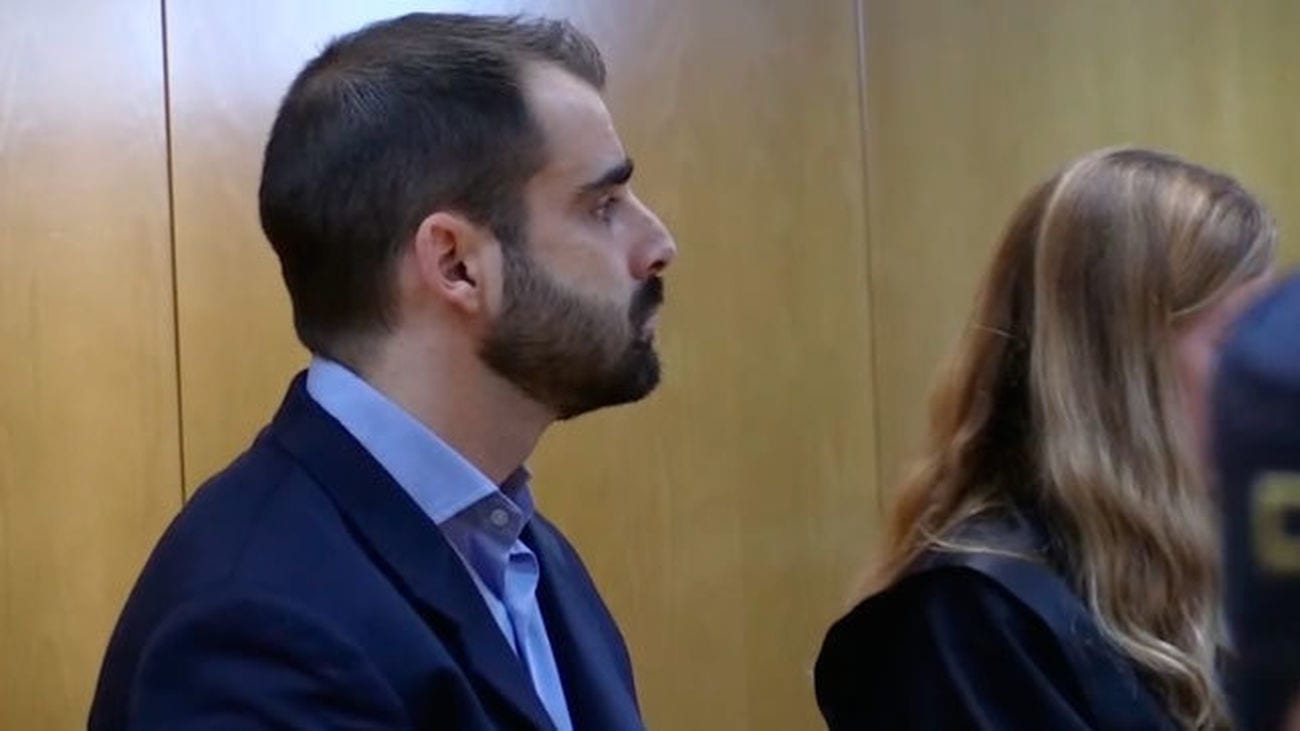
Angel Luis Viana, 32, appealed against his sentence of 16 years for murder, managing to secure a two-year reduction, citing a ‘brief psychotic episode’ which was ‘fuelled by marijuana.’ He will likely serve less than half of his remaining sentence.
Elsewhere, a Honduras woman who was selling sweets on the beaches of the Costa del Sol was allegedly strangled and dragged along the floor by police, who told her ‘she was not human’.
One of the officers said ‘I’m going to kill this one,’ she claimed to this paper last year.
With around 1 million black people living in Spain, that represents around 2% of the population, much lower than the 10-14% in the US.
While the chances of seeing acts of racism are lowered, entrenched racism is very much still real.
In 2016, SOS Racismo conducted an experiment to expose the systemic racism within Spain’s rental market.
The organisation made 462 calls to 250 real estate agencies in seven regions as well as personal visits to 20 agencies in four major cities, including Madrid and Barcelona.
An overwhelming 70% of prospective tenants who were not offered any apartments or rooms were foreign, while people from Sub-Saharan Africa were the most discriminated against.
It’s just one of many examples of white privilege and racism which go unnoticed – at least by many white people – each and every day.

But increasingly worrying is the flagrant racism that continues to be shown by young people in Spain, particularly in the world of football.
Last year, the Queens Park Rangers’ under-18 side had to walk off the pitch during a friendly in Sevilla following alleged racist abuse by opposition players.
The West London club called on UEFA to take the ‘strongest possible action’ after their side allegedly suffered monkey noises and taunts of the n-word.
Meanwhile, the Alma de Africa – Soul of Africa – football team in Andalucia revealed how they constantly hear racist abuse hurled at them during play.
The set of players, consisting of five Spaniards and immigrants from 12 other countries, donned jerseys adorned with the racist insults for their last match of the season against Algaida last summer.
Shirts included the terms: ‘Monkey, slave, ape, sudaca (derogatory name for a South American), undocumented migrant, gorilla, gypsy, Indian, illegal, blackie, scum, immigrant and black.’
“We still hear these insults and it hurts us, as well as the professional players,” Cameroon-born midfielder Eric Josue Amang told El Pais.
In Malaga last year, a group of teenagers racially abused a Chinese girl on a train, hitting her on the head, mocking her accent and throwing cigarettes at her.
While not black, it points to an-ever present wider problem in Spain with discrimination against anyone non-white.
So why we may not be in the US, don’t disregard the fight for racism as an American problem.
It is still as important as ever to support the anti-racist cause, both there and in Spain.
Call out racism whenever you see it and support your black friends and businesses, or, if you’re financially able to, donate to groups fighting racism (Black Lives Matter, Black Pride UK and several Spanish groups found here are a good place to start).
Tragically, both in Spain and around the world, the fight to end racism will not be over anytime soon.
Click here to read more Spain News from The Olive Press.

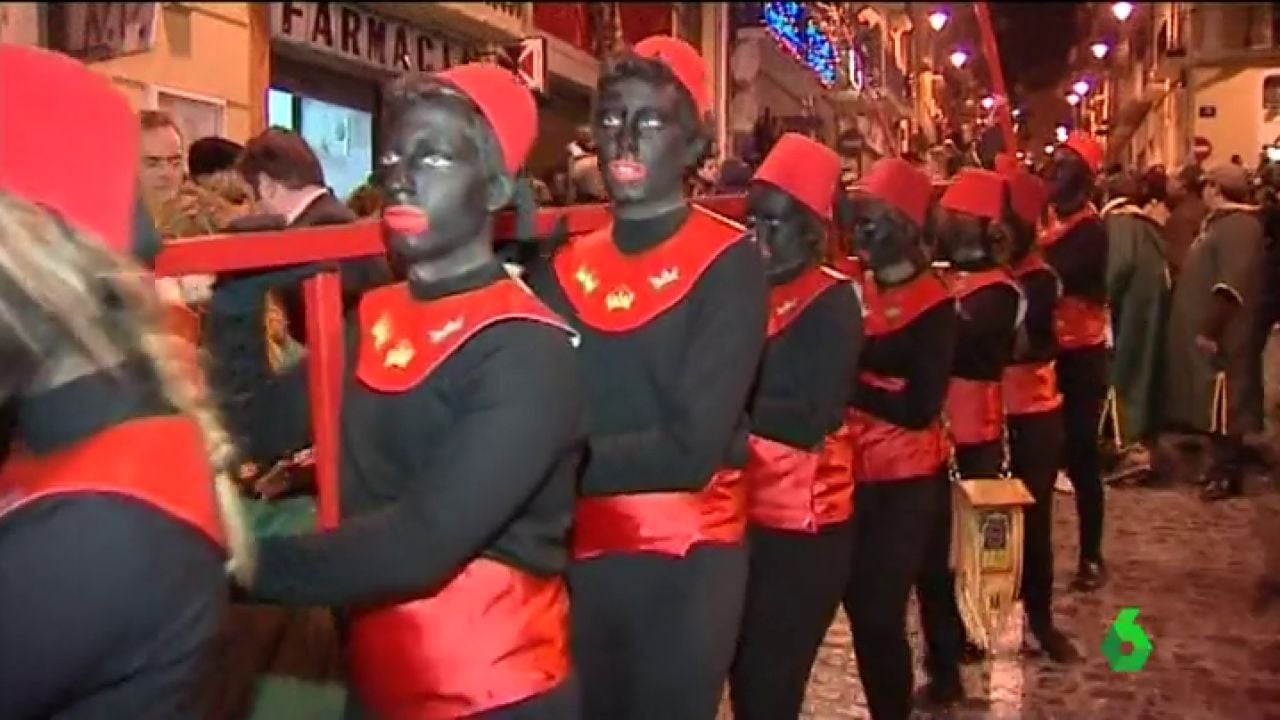


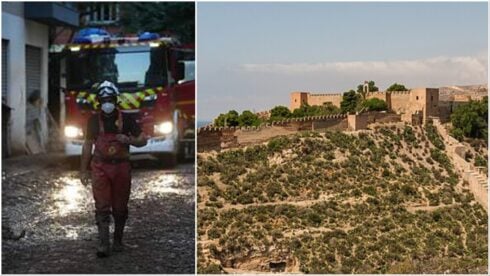
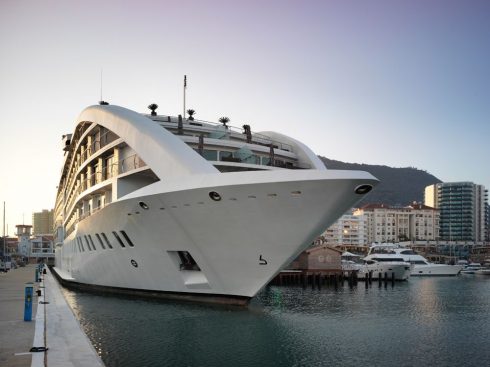

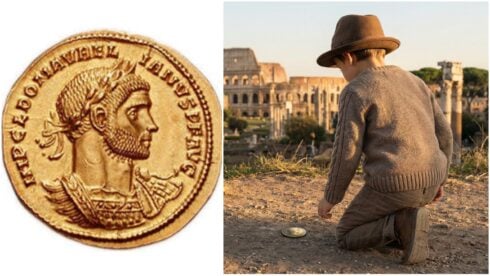
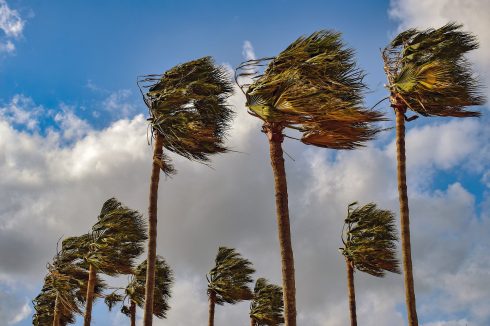
We are English living in a small Spanish village. I am white, my wife is black. There is one other black woman in the village. We have no problems at all. Dan On he coast in the plastic greenhouses the black African workers are abused by the exploiting white owners but then they vote vox!
There are brain dead people who abuse the different everywhere and Spain doesn’t stand out. In my village a woman can walk out at night on her own with no concern. Lots of places in England you can’t do that!
The one racial group that is massively abused in Spain are gypsies. That is a blot on the Spanish character!
The traditional Spanish majority of any party have not yet begun to recognize black and brown immigrants as having ‘real Spanish’ rights. In fact, most do not yet recognize any non-Spanish residents or immigrants, dark or light, as much more than a source for exploitation which is exactly the attitude the Spanish government has towards its own citizens. Those who have had dealings with Immigration, Guardia Civil and associated bureaucracies will tell you that potential aggression, harassment and arrogance isjust beneath the surface. Spanish parents, like American black and brown parents, have ‘the conversation’ with their children warning them of National Police and Guardia Civil authoritarian aggression. Spain has been occupied by a para military police and court system for more than a century, and will not easily change. That is the core of Spanish tradition.
We arrived in Barcelona Province December 2018. My Spanish national partner and I decided to settle in his home country after much debate and his love and admiration for his home. He is white (I met him while he worked in South Africa),and I am of Asian decent and a South African citizen. So, I closed my successful business and sold my properties and all that I could and moved to the lovely Barcelona with my 3 children and our 5 pets, (I am a strategic buyer). Having lived and worked in three continents, the move was usual for my children who are also Asian South African. Unfortunately we have been prone to racist and prejudices that have literally shaken us to the core. My partner as well, walking with us when we just arrived visiting his home city of Mataro, when a man made some hateful remarks which he overheard in Catalan, and he was too embarrassed to mention to me. Someone spat at my feet when I walked into the town on my own on another occasion and with my daughters have been called “cockroaches” in Catalan, a term which my children who understand Spanish and some Catalan were visibly shaken by. Another occasion while sweeping my driveway, a couple asked me if I work on weekends and how much do I charge? Taken a back, I could not speak, for one, my Spanish is not good yet and second, not that being addressed in that way was an insult, rather the stereotype projected. Further remarks and attitudes we have encountered here, and I called my partner who was overseas on business and he called the police to get to the person or persons that I could go to to complain, to this day, no one has told him where we could go to. I then contacted the SOSracsime and after many emails to them (their website is in Catalan only and I am an English speaker) they called me to set an appointment to which I could not meet, as my partner was not in the country. So, upon his return during covid-19, (he now being totally shocked at the behaviour of his fellow countrymen and women) decided to call SOSRacisme and after a week received a response, they then gave us another whatsapp contact to set an appointment and still no response. I have decided that my family are not welcome here, although not all the people in Spain are this way, there are some really wonderful people here, I cannot allow my children to be exposed to such behaviour. My children do not even like to go out alone as they are afraid of the unusual starrings and/or any comments they might be subjected to. We are considering leaving Spain. I must say that it has been difficult to find work here as well as even starting a business. I have met some businesses and a government official who promised to email my partner and I some possible investment opportunities here, it has been 11 months and nothing. I have to agree to this article, people are very unaware of the racism in Spain, as I am, and those that I relate my experiences to back home in SA or other parts of the world are equally shocked. I have tried so many ways to try to get into a conversation with different organisations on why this is happening and what are the solutions. Granted my lack of Spanish is a disadvantage (I am learning), but I have actually become tired of how I am feeling. There are a lack of statistics or scattered statistics in this regard, or I see that there are anti-racism and other anti-prejudiced organisations here and yet, is it just on paper that it seems something is being done? Just another promise to allow the world to think that something is being done to alleviate this situation? A few more incidences on my short time here but, it will be a very long read. So I have to ask Catalonia/Spain, How can we help? How can we make it all better? Dialogue and education in action instead of on paper, for starters.
SOS Racisme has now contacted us.